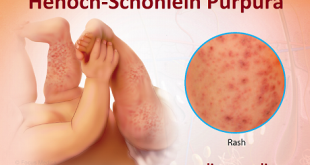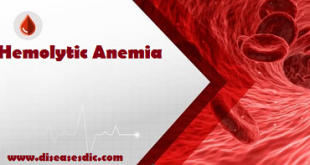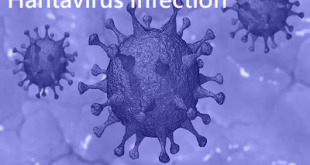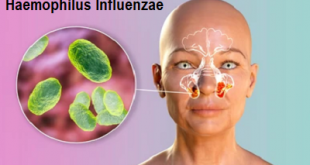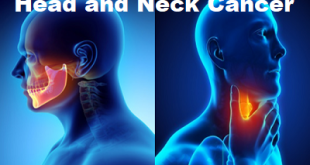Definition Henoch-Schönlein purpura (HSP) is a rare inflammatory disease of the small blood vessels (capillaries) and is usually a self-limited disease. It is the most common form of childhood vascular inflammation (vasculitis) and results in inflammatory changes in the small blood vessels. The symptoms of HSP usually begin suddenly and …
Read More »Hemolytic Anemia – Types, Complications and Treatment
Definition Hemolytic anemia is a medical condition in which the life span of red blood cells is either reduced or prematurely destroyed.The condition of red blood cells being destroyed is called hemolysis. Red blood cells act as a transport medium to carry oxygen to all parts of the body. If …
Read More »Hypocalcemia – Pathophysiology, Causes, and Treatment
Definition Hypocalcemia is a condition where blood levels of calcium are low. Hypocalcemia is a total serum calcium concentration < 8.5 mg/dL (< 2.13 mmol/L) in the presence of normal plasma protein concentrations or a serum ionized calcium concentration < 4.7 mg/dL (< 1.17 mmol/L). Normal calcium values range from …
Read More »Hemiplegia – Types, Causes and Treatment
Definition Hemiplegia refers to the severe or complete loss of motor function on one side of the body. Depending on the side of the body that is affected, hemiplegia is further classified as right or left hemiplegia. Hemiplegia is usually caused by brain damage localized to the cerebral hemisphere opposite the affected side. For example, injury to the left …
Read More »Hantavirus Infection – Transmission, Risk factors, and Prevention
What is Hantavirus Infection? Hantavirus infection is a viral disease that is spread from rodents to people. The virus can cause severe infections of the lungs (with cough and shortness of breath) or kidneys (with abdominal pain, and sometimes kidney failure). Hantaviruses are a family of viruses spread mainly by …
Read More »Haemophilus Influenzae – Diagnosis and Prevention
What is Haemophilus influenzae? Haemophilus influenzae or H. influenzae, represents a group of bacteria that may cause different types of infections in infants and children. H. influenzae most commonly causes ear, eye, or sinus infections, and pneumonia. A more serious strain of the bacteria called H. influenzae type b has been …
Read More »Heart Murmur – Prevalence, Complications, and Treatment
Definition Heart murmur is an extra or abnormal sound that is heard during cardiac auscultation (when your healthcare provider listens to your heart with a stethoscope). A murmur doesn’t cause noticeable effects on its own. Certain heart murmurs are completely harmless and are not associated with any health problems at …
Read More »Head and Neck Cancer – Types, Risk Factors, and Prevention.
What are head and neck cancers? Head and neck cancer is a term that describes a range of cancers that begin in the head and neck region. Cancer can occur inside the sinuses, nose, mouth and salivary glands down through the throat. Although these cancers are different, they are treated similarly, so are …
Read More » Diseases Treatments Dictionary This is complete solution to read all diseases treatments Which covers Prevention, Causes, Symptoms, Medical Terms, Drugs, Prescription, Natural Remedies with cures and Treatments. Most of the common diseases were listed in names, split with categories.
Diseases Treatments Dictionary This is complete solution to read all diseases treatments Which covers Prevention, Causes, Symptoms, Medical Terms, Drugs, Prescription, Natural Remedies with cures and Treatments. Most of the common diseases were listed in names, split with categories.
